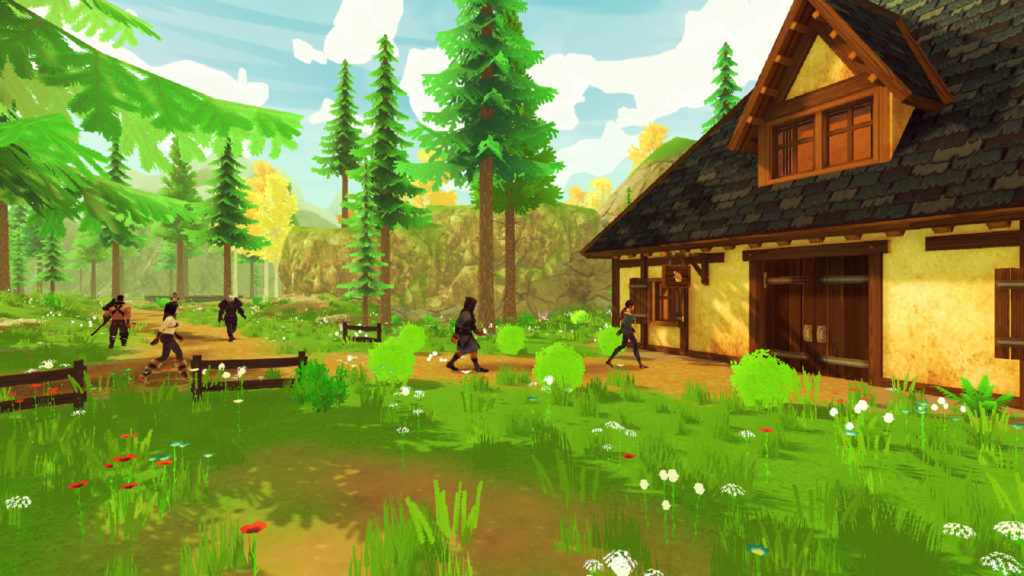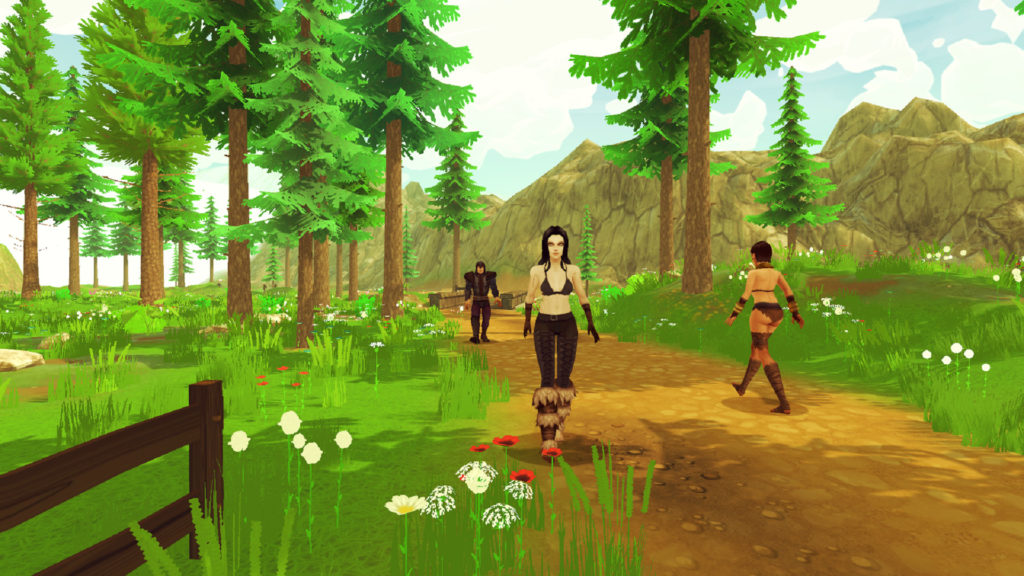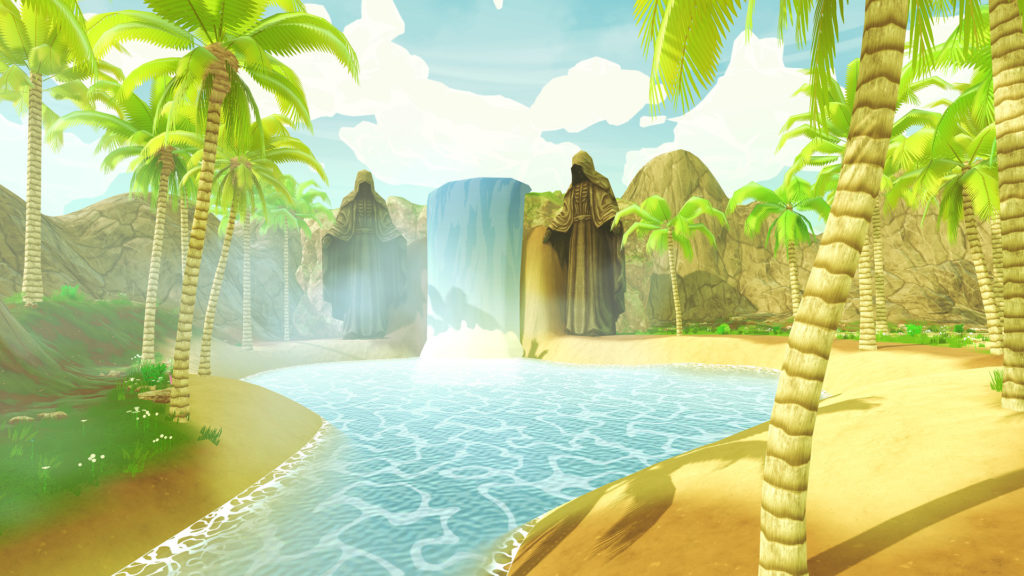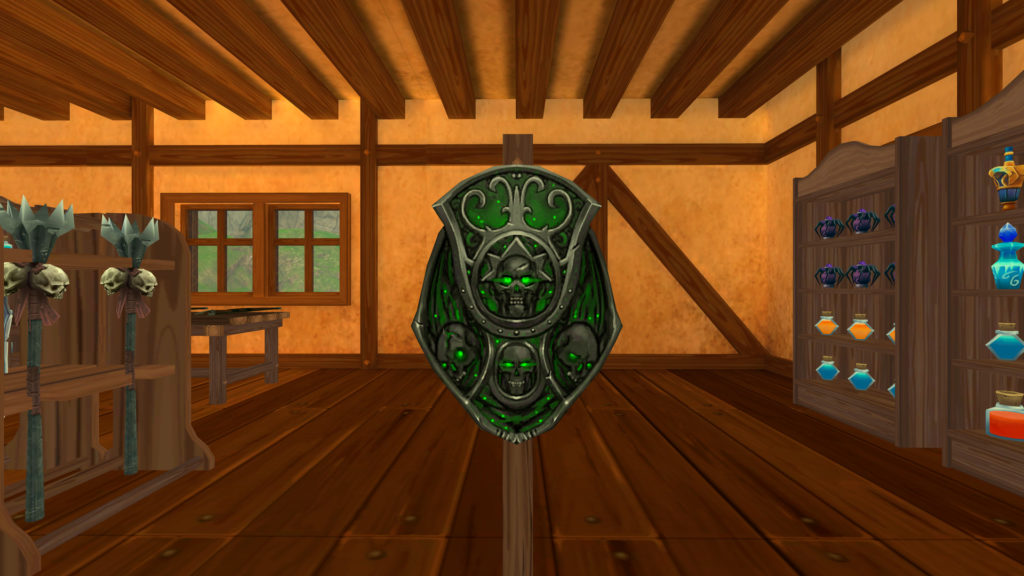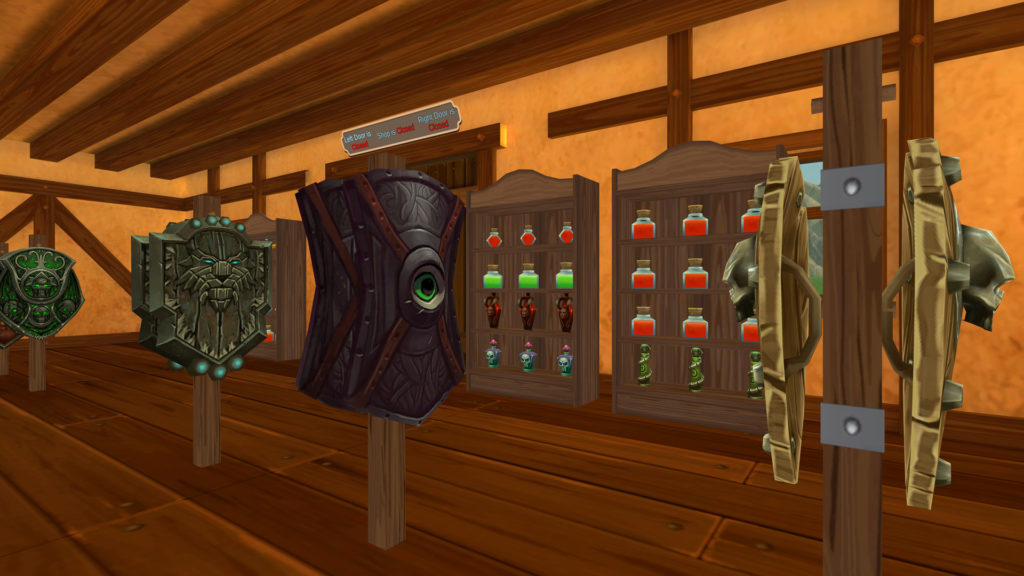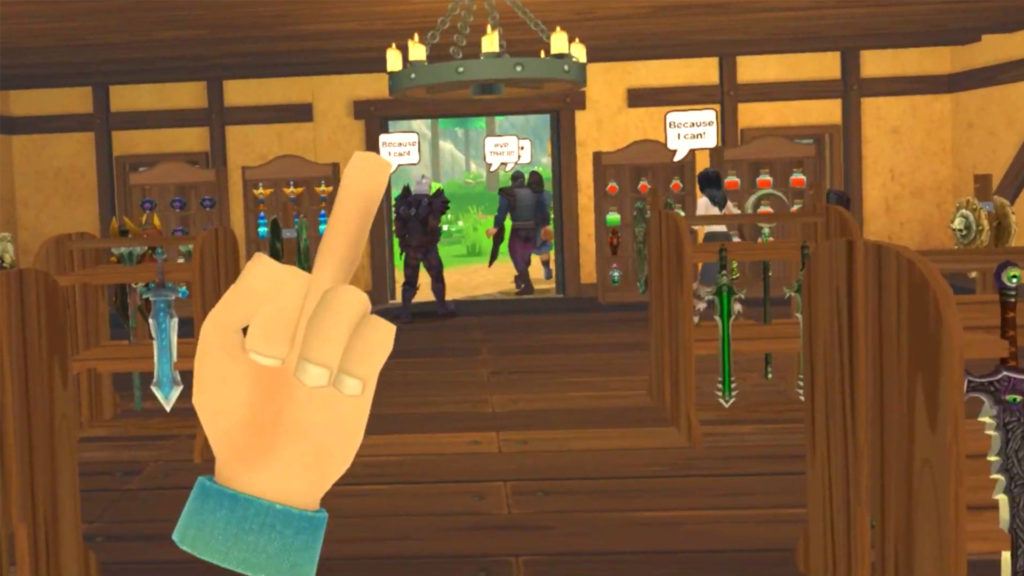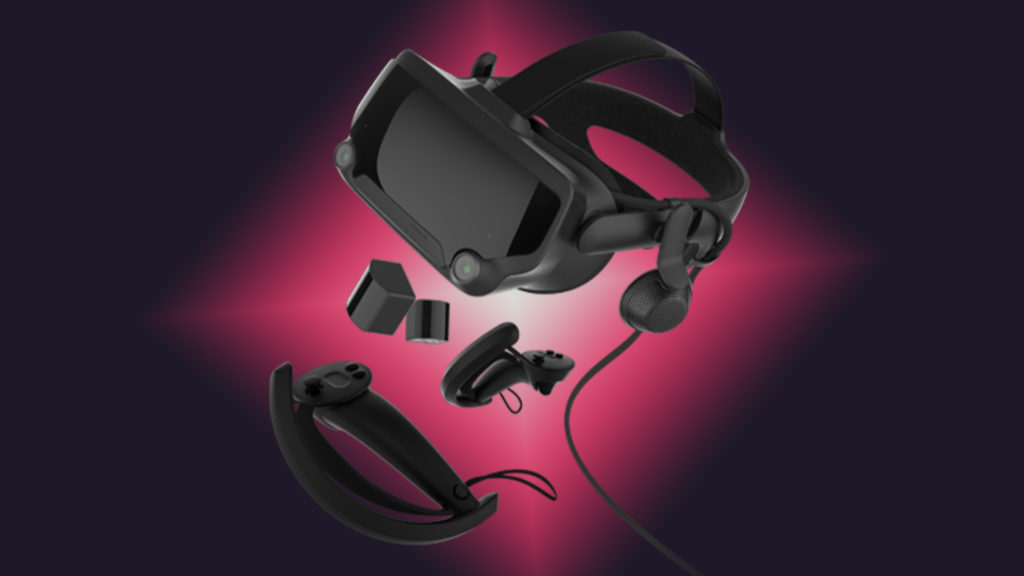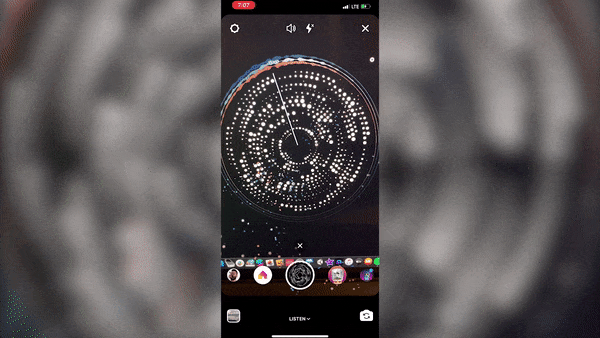The unsettling narrative-driven experience launches on Oculus Quest next month followed by Rift S in April.
Drifter Entertainment, the developer behind Robo Recall: Unplugged and the heavily-slept on Gunheart, today unveiled their latest project, Lies Below, a VR survival horror game that takes inspiration from a combination of macabre games and television, such as Silent Hill and The Walking Dead, as well as classic Japanese horror comics.
Set in the remote mountain town of Slumber, Alaska, this disturbing narrative-driven VR game will have you fighting for your life as you face-off against hordes of unsettling creatures pulled straight out of a Silent Hill game. Disembodied succubi, zombie-like stalkers, creepy spider heads, knife-throwing psychopaths; you know, just your usual nightmare-inducing enemies.
“Two things that we knew were really important early in development were an intriguing narrative and a unique setting,” said Executive Producer Hunter Hudspeth during an interview with Oculus. “Narrative isn’t something Drifter has focused a lot on in earlier games, and we wanted to really focus on telling a deeper story with this one. The thriller/horror genre has its own set of rules for telling an interesting story, so we’re careful about what we say explicitly vs. what we want players to deduce on their own. It’s been a really fun process.”
“With the setting, we wanted to take players somewhere they weren’t familiar with, not just in real life but also somewhere they haven’t seen in many other games. After playing with a few different ideas, we realized very early on that mid-20th century Alaska had so much potential.”
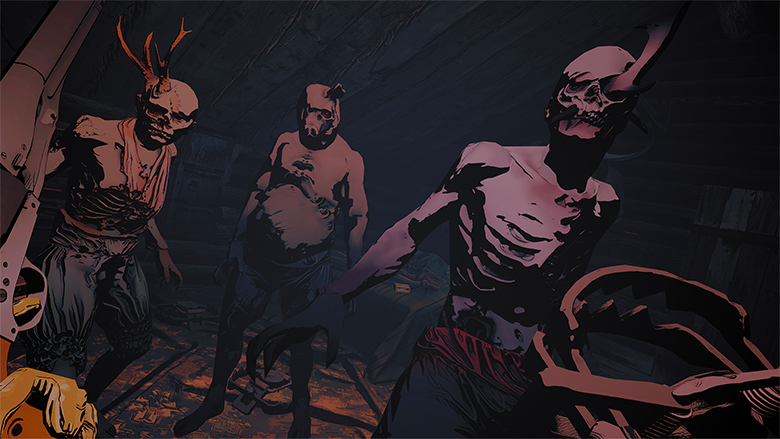
Based on the trailer it looks as though we can expect a healthy amount of gunplay and melee combat. Visually the game appears to be going all-in on the comic book look, including cel-shading animation and moving comic panels. As previously stated, the creators took heavy inspiration from numerous fictional works, including classic American and Japanese horror comics.
“Very early on, we adopted horror comics and horror manga as our creative rudder,” states Art Director Kenneth Scott. “We looked at Bernie Wrightson’s articulate, spooky linework, Mike Mignola’s bold, graphic black and whites, Junji Ito’s stomach-turning body horror, Shintaro Kago’s savage surrealism, the painterly genius in Warren Publishing’s Eerie and Creepy anthologies, Sanjulián, Esteban Maroto, Dave McKean, Sandman, Hellblazer, DC’s Vertigo line, and EC Comics—most importantly, EC’s stamp on anthology-style narrative.”

Lies Below launches March 31st on the Oculus Quest followed by the Rift S April 14th. More info on pricing will be provided as we grow closer to the end of March.
“Drifter was founded around our collective excitement for new frontiers and emergent technologies,” adds Scott. “New toys and shiny things are always going to turn our heads and hearts, and Quest offers a lot of fun new challenges and learning as a developer. That’s our playground, and that’s where we shine.”
Image Credit: Drifter Entertainment
The post Lies Below Is A New VR Survival Horror Game Inspired By Japanese Horror Manga appeared first on VRScout.
from VRScout https://ift.tt/2wlTSvJ
via IFTTT




